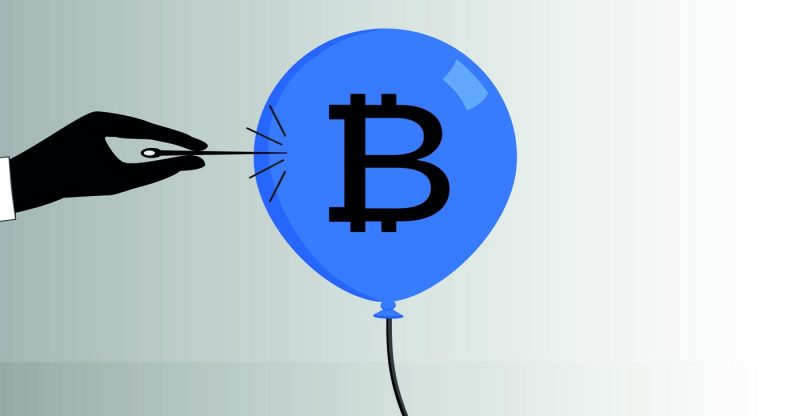Crypto Bubble Burst
Being in a cryptocurrency bubble is not entirely a bad thing.
This is the train of thought running through the minds of crypto’s real believers. The dispute is this: It is true that lots of folks lost money as soon as the dot-com bubble burst, but then again, the technological innovation and human capital that persisted became the basis of today’s internet economy.
A similar occurrence is bound to—you know—happen if the blockchain bubble bursts which a lot of folks believe it will. Although we might adopt the thought that’s accurate, and that today’s blockchain developers are laying the groundwork for another so-called economic revolution, it’s still too premature to envisage in what way the new system could appearance.
Nevertheless, there has been a small number of enticing hints, the clearest of which are dubbed “utility tokens.”
From chaos, order:
All crypto-tokens are built on a blockchain or other shared cryptographic ledger, but not all are the same. Switzerland which is a haven for initial coin offerings, accounted for this in a set of landmark regulatory guidelines that divide tokens into three categories.
Bitcoin and other virtual monies were chiefly designed to be payment procedures first to be called payment tokens. The other is a blockchain-based versions of traditional securities, like stocks and bonds, those are named “asset tokens”. Utility tokens are those “intended to provide digital access to an application or service.”
The arcade analogy:
It might be great to see utility tokens as arcade tokens, in the sense that the tokens are created to function in a particular network. Their key function is typically to offer entry to the network’s service, in the same the way an arcade’s token gives entry to its games and prizes.
Real-life examples:
- Data storage: Storj, Siacoin and Filecoin are attempting to be decentralized competitors to cloud storage services similar to Dropbox and Amazon Web Services. In these amenities, tokens function both as reason for individuals to donate room to the network, anyone who offers capacity gets tokens as a prize, and as a way of payment for the service.
- Virtual money exchanges: Airswap and 0x (among others) have developed blockchain-based protocols that permitted traders to exchange different kinds of tokens peer-to-peer. In Airswap, traders utilize tokens to show their desire to trade. In 0x, the token functions as reason for third parties, called relayers, to expedite connections between trading partners.
Where things get strange:
Crypto-tokens vary in value, and many are tradable on digital currency exchanges. The ICO craze, which has reproduced hundreds of flashy new coins, has also motivated extensive speculation and deceitful structures that often target “Main Street” investors. All of this has caught the attention of securities regulators.
The big question:
Are utility tokens securities? This is important due to the fact that the securities are “subject to relatively strict regulations”. In Switzerland, as long the only reason of the token is to offer access to a digital application or service, and it can be utilized in that way at the time it is allotted.
If America was to embrace a comparable rule, it may well have affect many projects whose developers are supposedly building utility tokens for yet-to-be-launched networks—like Filecoin, which raised $257 million through an ICO last year. “I believe every ICO I’ve seen is a security,” Jay Clayton, chair of the Securities and Exchange Commission.





